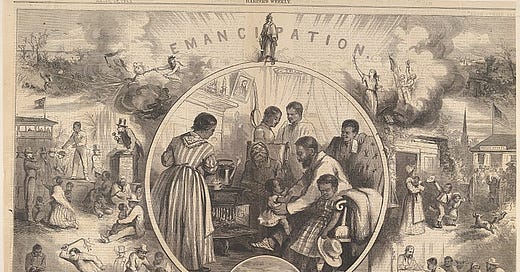“Tell you the truth, when I think about it today, I don’t know how I’m livin’.”
The series title is Extraordinary Ordinary People, (EOP) and though it aims to give attention to individual people, I realized when the impulse hit me in the face of the following material that I could offer an entry on a whole set of people. If I’m not stretching my conception out of recognizable shape, then I believe I’m extending the idea into a deeper, broader sense of what makes the human animal an estimable being.
We are confused, in contemporary times, about the very idea of attributing extraordinary or special qualities to whole groups. We abjure the practice if we think it supports any kind of denigration of a people, especially if they have been historically oppressed or marginalized as a product of that kind of thinking. On the other hand, we champion the practice when we perceive it as one of uplifting people in self-pride and dignity, especially, again, if applied to marginalized cultures living among a nationally or geographically dominant one. These are understandable dispositions. Sympathy for the inclination, though, doesn’t address the validity of the thinking. It isn’t my intention to do that here, only to say that consideration of that issue informed my choice of this entry. We reject, or should, any form of essentialism, though any notion of culture ascribed to a people will involve characteristic beliefs, values, and practices. If those aren’t essential attributes, and I don’t believe they are, they historically attach strongly and identifiably enough to become recognizable.
In any event, the people I have chosen for this third iteration of EOP are not a whole people. They form rather a historically and circumstantially delimited, if substantial, segment of a people. Yet these delimiting features, particular to American history, are one reason I chose them. Another is precisely the truth that what it is that rises to the level of the extraordinary about them has, in reality, characterized such huge swaths of the human race, across the expanse of its existence, as actually to show itself a quite unrestricted quality of being not limited to any kind of genetic distinction.
The people I have chosen for this entry in Extraordinary Ordinary People are the African American people freed from slavey by the American Civil War.
“Born in Slavery: Slave Narratives from the Federal Writers' Project, 1936-1938 contains more than 2,300 first-person accounts of slavery and 500 black-and-white photographs of former slaves. These narratives were collected in the 1930s as part of the Federal Writers' Project (FWP) of the Works Progress Administration, later renamed Work Projects Administration (WPA).”
“The lowly and invincible of the earth—to endure and endure and then endure, tomorrow and tomorrow and tomorrow.”
William Faulkner, “Tomorrow”
Keep reading with a 7-day free trial
Subscribe to Homo Vitruvius by A. Jay Adler to keep reading this post and get 7 days of free access to the full post archives.





